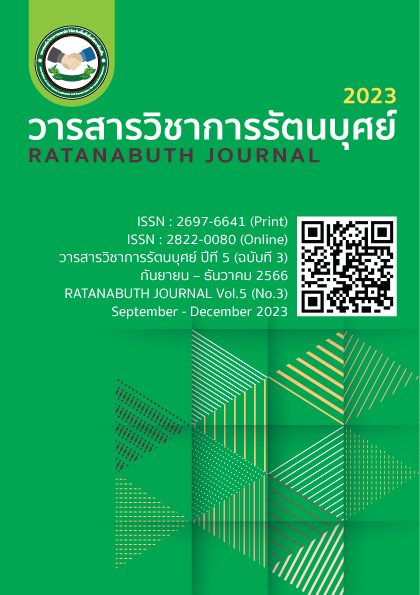The Artificial Intelligence (AI) and the Future of Political Communication Artificial Intelligence (AI) and the Future of Political Communication
Main Article Content
Abstract
This article aims to highlight the importance of artificial intelligence (AI) becoming a significant part of political communication through the rapid advancement of technology. It is impossible to overlook the potential of technology in revolutionizing political activism, public opinion analysis, and public policy formulation. The birth of AI has evolved to incorporate new strategies and algorithms capable of processing massive amounts of data, allowing campaigns to target specific demographics with personalized messages. Analyzing user behavior on social media and online search patterns can help identify potential supporters and tailor campaign messages to align with their interests and values. These goal-oriented strategies expand the reach of political activism and connect with individual voters more effectively, ultimately influencing their decision-making processes by providing data-driven insights. However, the integration of AI in political communication raises ethical concerns, particularly related to privacy and data security. Thus, striking a balance between using AI for political communication and safeguarding individual privacy will be crucial in the future. While ethical considerations must be taken into account, the future of political communication is undoubtedly intertwined with AI. As AI continues to advance, its impact on political discourse and decision-making processes will only deepen.
Article Details

This work is licensed under a Creative Commons Attribution-NonCommercial-NoDerivatives 4.0 International License.
References
ทัศนีย์ เจนวิถีสุข. (2543). การสื่อสารที่ก่อให้เกิดการเปลี่ยนแปลงสังคมที่ปรากฏในพระไตรปิฎก.บัณฑิตวิทยาลัย: มหาวิทยาลัยมหาจุฬาลงกรณราชวิทยาลัย.
พระธรรมปิฎก (ป.อ. ปยุตโต). (2538). พุทธธรรม ฉบับปรับปรุงและขยายความ. (พิมพ์ครั้งที่ 6). กรุงเทพฯ:โรงพิมพ์มหาวิทยาลัยมหาจุฬาลงกรณราชวิทยาลัย.
มหาจุฬาลงกรณราชวิทยาลัย. (2535). พระไตรปิฎกภาษาบาลี ฉบับมหาจุฬาเตปิฏกํ 2500. กรุงเทพฯ:โรงพิมพ์มหาจุฬาลงกรณราชวิทยาลัย.
มหาจุฬาลงกรณราชวิทยาลัย. (2539). พระไตรปิฎกภาษาไทย ฉบับมหาจุฬาลงกรณราชวิทยาลัย.กรุงเทพฯ: โรงพิมพ์มหาจุฬาลงกรณราชวิทยาลัย.
ศิริภา อินทวิเชียร. (2563). เมืองปัญญาประดิษฐ์. สืบค้นเมื่อ 20 กันยายน 2566 จาก https://www.naewna.com/lady/columnist/44684
ศิริภา อินทวิเชียร. (2563). ปัญญาประดิษฐ์กับการเมือง. สืบค้นเมื่อ 20 กันยายน 2566 จากhttps://www.naewna.com/lady/columnist/44684
สุทัศน์ ประทุมแก้ว พระมหาตะวัน พิมพ์ทอง และพระมหาธงชัย ธรรมทวี. (2565). พุทธจริยธรรมกับการสื่อสารทางการเมืองในสังคมไทย. วารสาร มจร อุบลปริทรรศน์, 7(3), 30-42.
สุวัฒน์ จันทรจำนง. (2540). ความเชื่อของมนุษย์เกี่ยวกับปรัชญาและศาสนา. กรุงเทพฯ: สุขภาพใจ.
เสถียร เชยประทับ. (2540). ความรู้ทั่วไปเกี่ยวกับการสื่อสารทางการเมืองในสหรัฐอเมริกา.กรุงเทพฯ: จุฬาลงกรณ์มหาวิทยาลัย.
Berlo, David K. (1960). The Process of Communication. New York: Holt, Rinehart and Winston.
David L. Altheide. (2008). Media Logic and Political Communication in Political communication. London: Sage Publications.
Dennis W. Johnson. (2001). No Place for Amateurs. London: Routledge.
TECHSAUCE. (2023). วิเคราะห์การเลือกตั้งปี 2566 ผ่าน Social Listening Tool. สืบค้นเมื่อ 20 กันยายน 2566 จาก https://techsauce.co/news/computerlogy-social-listening-election.


